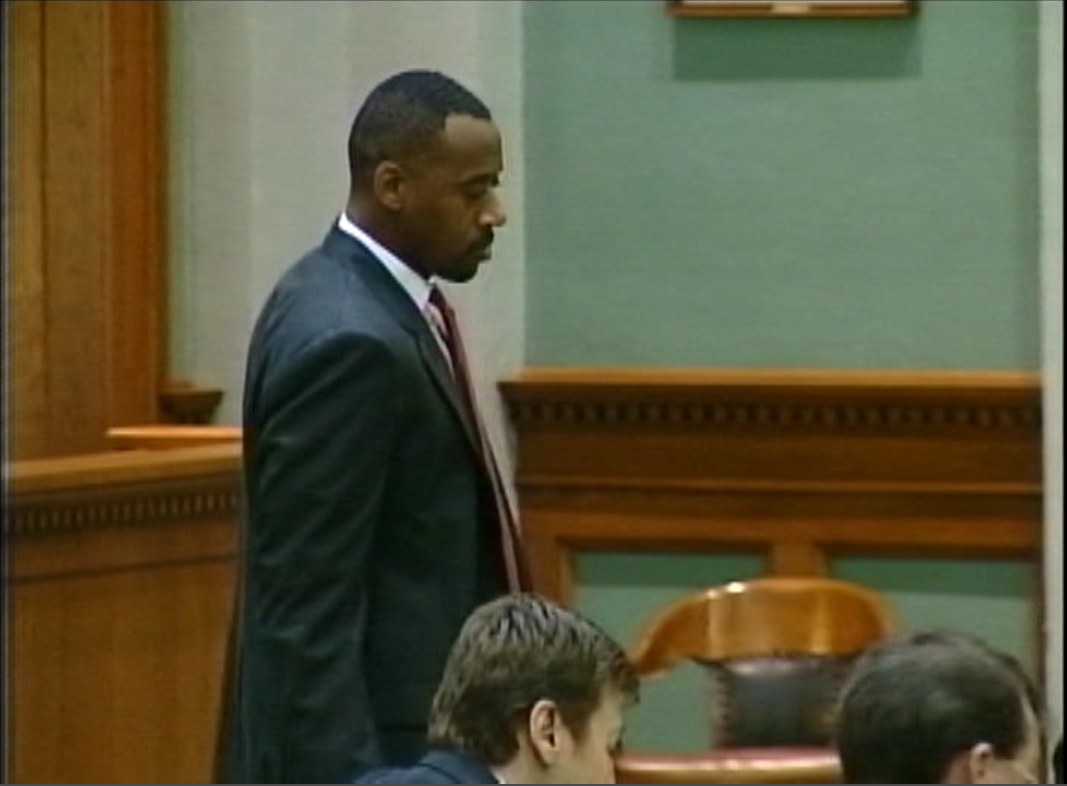US Supreme Court denies Columbia man’s request for death by firing squad

WASHINGTON, D.C. (KMIZ)
A Columbia man seeking an alternative method of execution will be put to death by lethal injection, despite the possibility of excruciating seizures.
The Supreme Court of the United States handed down an order Monday morning, denying Ernest Lee Johnson's request for an execution by firing squad.
Read the Supreme Court opinions in the document below.
Johnson has faced the death penalty since killing three people at a Columbia convenience store in 1994. Johnson's execution was halted in 2015 when a U.S. Supreme Court ruling asked a lower court to review his case.
Johnson claims scar tissue from a brain tumor removal could cause him painful seizures after he's injected with pentobarbital, the lethal drug Missouri uses in injections. He argues this medical condition would make lethal injection cruel and unusual punishment, which is unconstitutional under the Eighth Amendment.
Three Supreme Court Justices dissented in Monday's decision: Justices Sonia Sotomayor, Elena Kagan and Stephen Breyer.
"Missouri is now free to execute Johnson in a manner that, at this state of the litigation, we must assume will be akin to torture given his unique medical condition," wrote Sotomayor in her dissenting opinion. She went on to say that the 8th Circuit decision to deny Johnson's request was "an abuse of discretion."
The high court asked the 8th Circuit to review Johnson's case after it made a 5-4 decision to uphold Russell Bucklew's execution in 2019. Both Bucklew and Johnson asked the state to use nitrogen-induced hypoxia as an alternative method of execution due to medical conditions. However, the method is not used in the United States.
The 8th Circuit Court said nitrogen-induced hypoxia would be violating the Eighth Amendment's protection against "unusual" punishment since Missouri has no records of its use. The 8th Circuit then denied later requests for death by a firing squad, claiming the request came too late.
The Supreme Court upheld the 8th Circuit decision.
